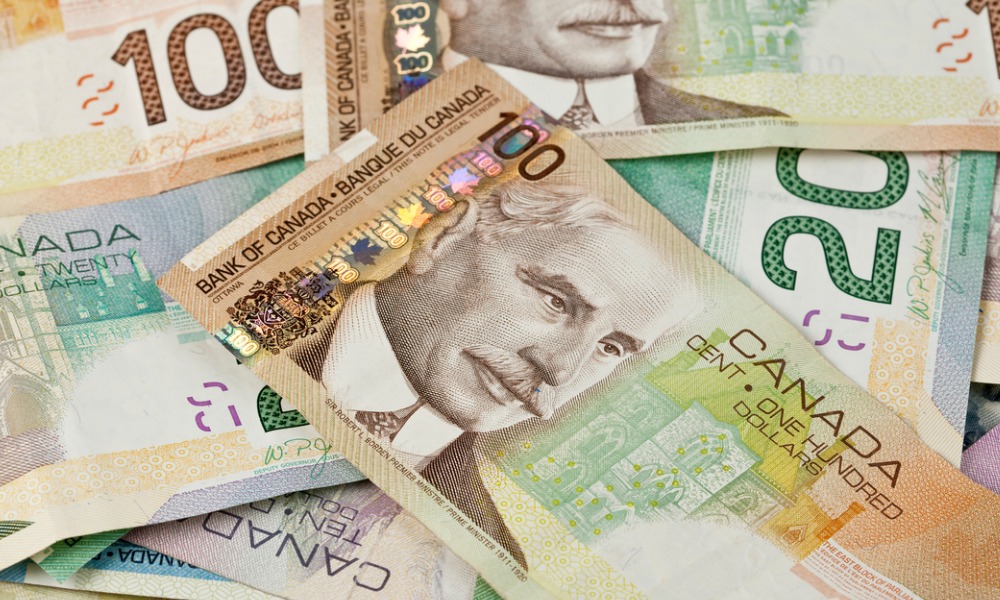It’s decision day for Canada’s central bank and while it’s unlikely to increase rates, a panel of economists think that day is ahead

The low interest rate environment has been a big help to many Canadians - not just during the pandemic – while others are hoping a rate rise is ahead to boost their investments.
As the Bank of Canada (BoC) prepares to announce its latest interest rate decision Wednesday (June 9), there is little expectation that anything will change yet. But a panel of economists believes that the day when hikes begin is closing in.
With the pandemic still threatening to derail recovery, 20 out of 21 economists polled by Finder.com forecast a freeze on the overnight interest rate for now.
“Extraordinary monetary policy support is still needed given GDP and jobs shortfall, and sluggish business investment,” noted RBC senior economist Josh Nye, while his counterpart at TD, Sri Thanabalasingam, added that “it may be more appropriate to wait to see the impacts of the vaccine rollout and provincial reopening before moving on monetary policy,” especially given the risk from new variants of the virus.
Inflationary pressures
One of the panel believes Governor Macklem may surprise the markets with a June 9 rate rise.
“I think inflationary pressures are gathering and the Bank should make sure that these pressures do not engender inflationary expectations,” said Atif Kubursi, president Econometric Research Limited.
While Kubursi may be the lone voice calling for an early rate rise, the general view is that the BoC is likely to hike rates within the next 12-18 months. This is a significant change from the dovish views towards the end of 2020 when the BoC governor was suggesting it would be 2023 before rates rise.
Among the panel, 55% believe rates will rise in the second half of 2022, but there are several factors that could change that in either direction, for example the success of the vaccination program, the speed of recovery, and impact of a potential federal election.
Loonie poses a risk
The rising value of the Canadian dollar is also a risk that the economists believe could affect the economic recovery, and therefore potentially slow rate hikes.
A stronger loonie is seen as a negative by 57% of the panel with 33% seeing it as neutral and 10% believing it is positive.
“A stronger Canadian dollar risks hurting Canada's export competitiveness, which could restrain the economic recovery,” said Tony Stillo, Director of Canada Economics at Oxford Economics. “The Bank should consider the Canadian dollar with respect to its impact on the economy and inflation. A sustained overvaluation in the dollar could result in permanent scarring on Canada's export sector and economic potential.”
Derek Holt, VP and Head of Capital Markets Economics at Scotiabank, added “the Canadian dollar is doing what it should in response to commodities and global risk appetite. Its appreciation carries costs as well as benefits.”
The full report is available at: https://www.finder.com/ca/bank-of-canada-interest-rate-forecast)



